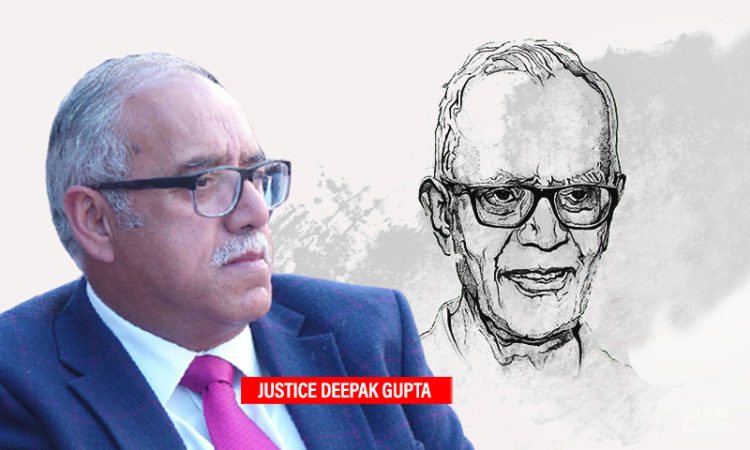"Are We Not Humans? Have We Lost All Touch Of Humanity? Are We Living In A Police State?"Justice Deepak Gupta On Father Stan Swamy's Death, UAPA
Mehal Jain
25 July 2021 9:41 AM IST

"UAPA (Unlawful Activities Prevention Act) should not remain in the statute book in the present form", said Justice Gupta
Next Story


